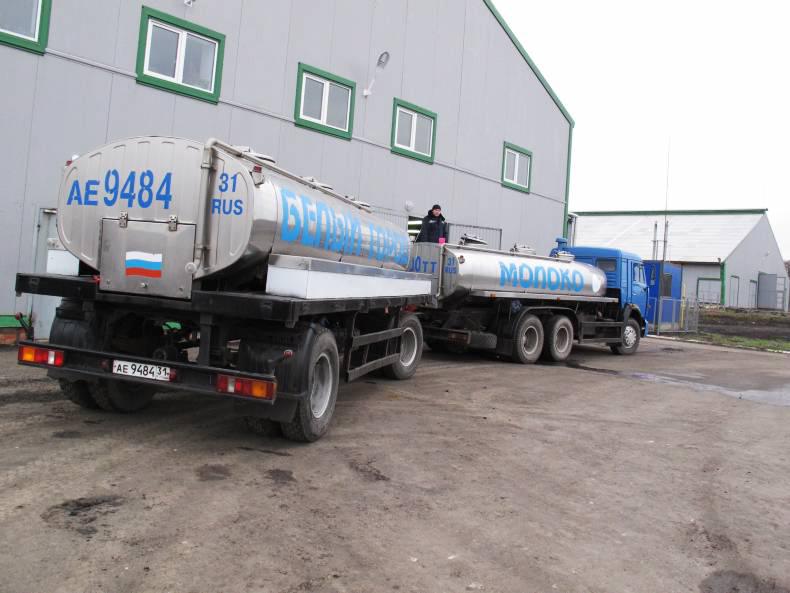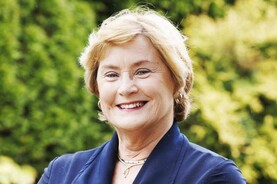He said the new edition of the state program of the development of agriculture, confirmed in December 2014, envisages budget support of the sector in 2016 of €617m, €761m in 2017, €819m in 2018, €900m in 2019 and €936m in 2020 - over €4 billion in total.
State support between 2008 and 2014 amounted to just over half of this at €2.7 billion.
"We intend to fulfill the new edition of the state program," the minister said. "The increase of state support is substantial, though it is not sufficient, but it is necessary to work on effectively using these resources."
This new programme of state support is part of Russia's objective of long-term import substitution following the government's ban on European imports last August.
Vladimir Labinov, director of the Russian Agriculture Ministry's livestock department, also said that from 2015 a new type of subsidizing will be introduced in dairy stock farming - compensation of direct spending on the construction of dairy complexes. Some €342m has been stipulated for this purpose between 2015 and 2017.
"The possibility of compensating up to 30% of expenditures on the construction of dairy farms is stipulated," he said.
In 2014, domestic production of cheese in Russia increased by 14% and the production of butter rose by 12%.
The processing of powdered milk has increased by 26% and its import has fallen by 23%.
Although Labinov says that these increases in domestic production means Russia "can talk about real import substitution", growth in the dairy sector is being limited somewhat by a slow growth in milk supply.
Although annual milk production totalled nearly 30 billion litres in Russia in 2014 (Ireland produces approximately 5 billion litres per year), this was up only 0.08% on the previous year. The highest increase in production was recorded in regions such as Altai and Bashkortistan.
However, Soyuzmoloko, the National Union of Dairy Producers, is planning to increase domestic production across all dairy products to account for 78% of available dairy by 2020. This would be an increase of 66.5% on current levels.
Before the embargo on European imports Russia was the second largest importer of dairy products, with the EU accounting for 45% of those imports.
As for state support of livestock, Labinov said that for 2015 state support is envisaged at €412m.






 This is a subscriber-only article
This is a subscriber-only article










SHARING OPTIONS: